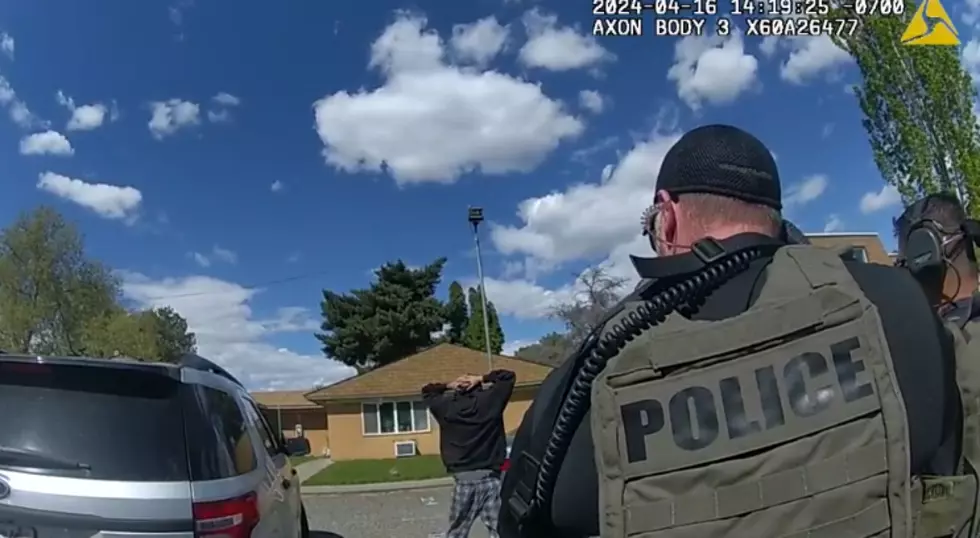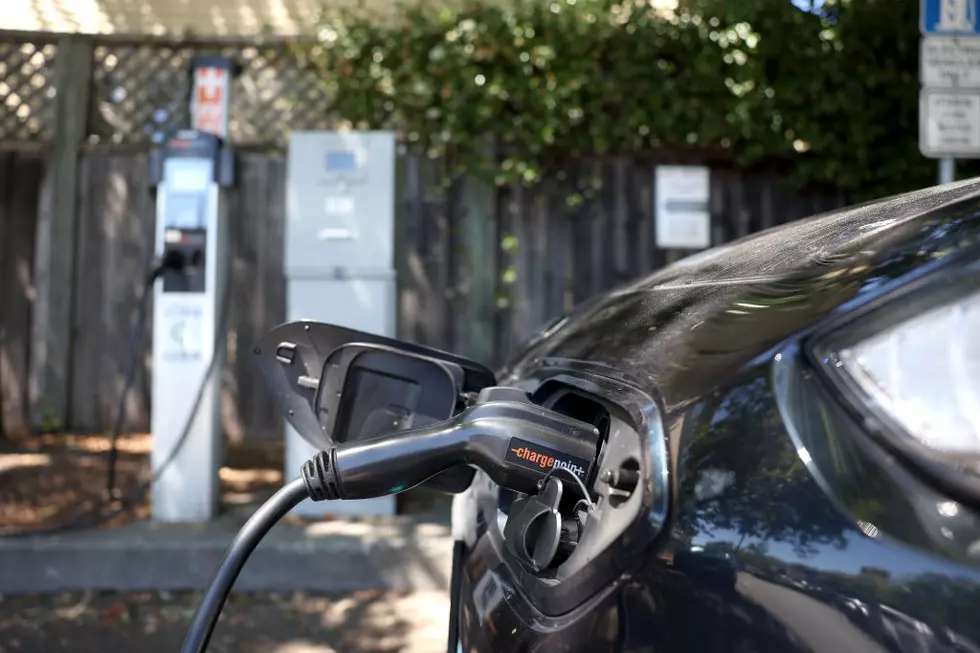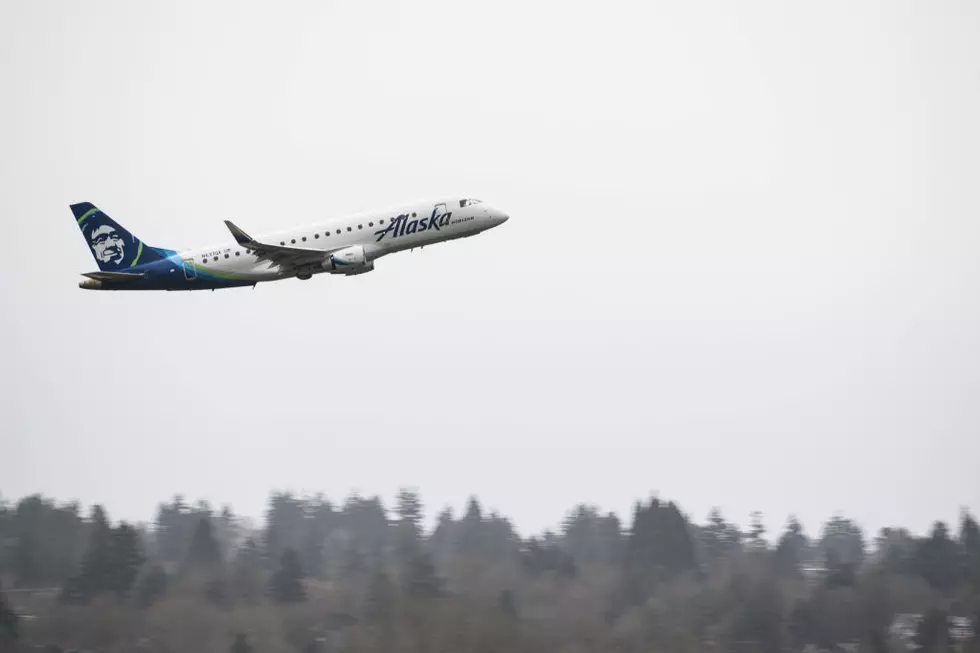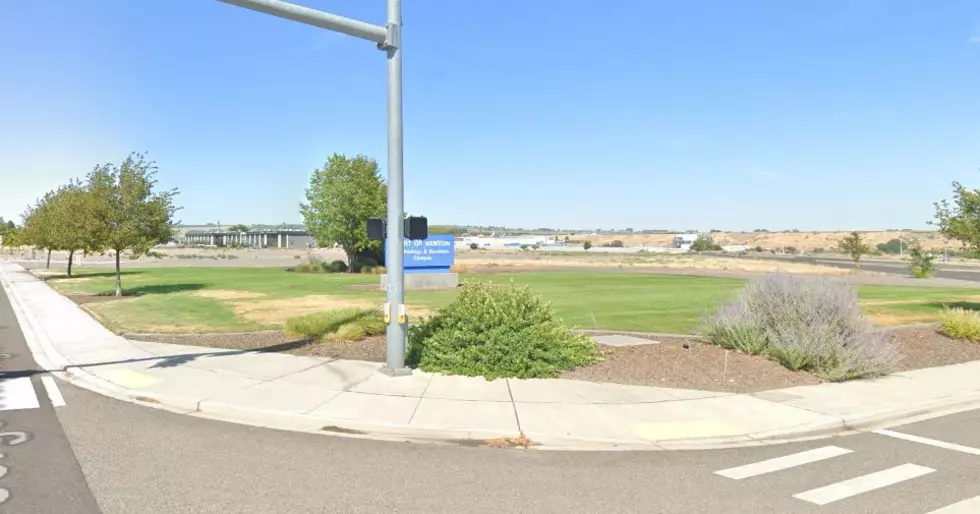
WA Program Giving Tuition Assistance to Illegals Expands Today
The "Real Hope Act" or Washington state's version of "The Dream Act", expands today, with an additional $5 million dollars being allocated through next June.
The bill, which was hotly contested in the legislature in Olympia last year, provides grants and tuition assistance to students living in Washington state who don't have legal residency status. The only caviat is they have to prove residency for at least 3 years, and they must have completed high school, or equivalent diploma or GED. They must also sign a pledge saying they will pursue legal citizenship as soon as possible.
It's part of the state's need grant program, and so far about 1,500 students have applied. On average, each qualified, approved student will get about $4,100. Not all students who apply, say officials with the state grant program, will receive money.
Opponents say it's discriminatory because tuition dollars are being offered to a certain group of people while excluding others. Critics and legislators who voted against the bill point to the some 32,000 students last year who didn't get need grants for their post-secondary needs.
Added to these arguments is the fact that the vast majority of them are minorities, who already receive numerous financial aid opportunities not afforded to non-minorities.
The National Immigration Law Center, who supports the idea, claims the financial effects on the 17 states who have some sort of Dream Act are "negligible." They also claim these students who don't have legal immigration status otherwise cannot apply for financial aid to attend any post-secondary institution. They also say the vast majority of those who apply are in very good academic standing, and get very good grades.
However, their arguments overlook the basic fact that the Real Hope Act, or Dream Act, grant special benefits to people who are here illegally. Perhaps it wouldn't be as hotly debated except it's the latest in a long series of tuition and educational opportunities that are not equally distributed to all eligible post-secondary students.
More From 870 AM KFLD









